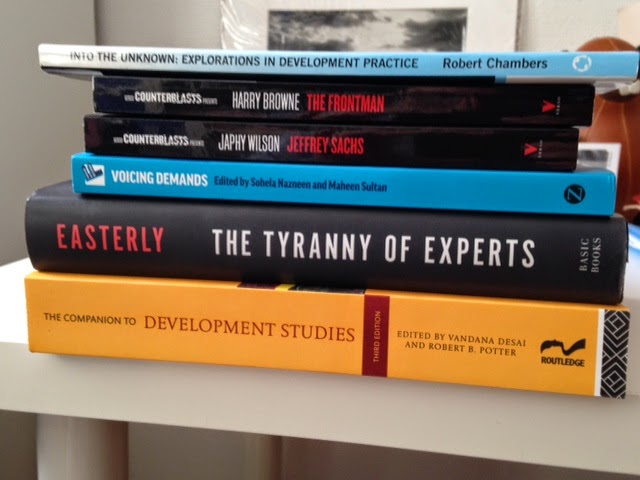Letters Left Unsent (book review)

I find it difficult to categorize J.’s latest and first non-fictional work Letters Left Unsent . I think it is a collection of essays that weave together J’s autobiographical journey through the humanitarian industry with contemporary reflections on aid work, aid workers and being a global professional in a line of work where popular perceptions and field realities often drift apart quite a bit. As a core, probably even founding member of the aid blogosphere J.’s writings as Tales from the Hood and now on Aid Speak form an essential core of the book which includes many of his well-known comments on getting into and surviving the aid industry. But Letters Left Unsent is certainly more than a compilation of blog posts and diary-style vignettes. As with his previous fictional takes on humanitarian aid and dating work he manages to tell a story-the story of humanitarian aid in the 21st century: Aid work and workers are compassionate professionals, operate in complex environm...


